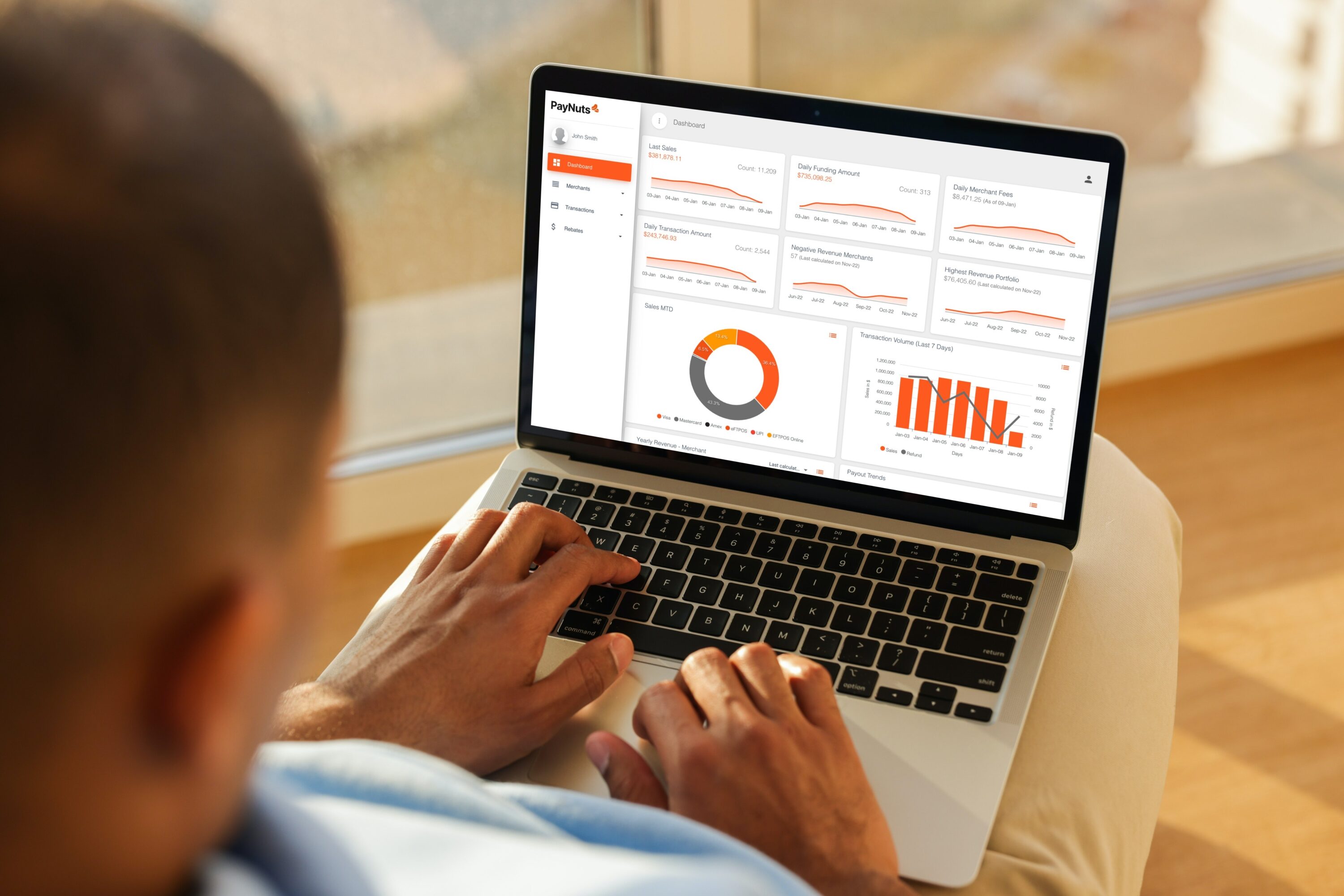News
Preparing for the Beginning of the Financial Year in Australia - 2024/25
A Guide For Small and Medium Business Owners
28 Jun 2024
As the new financial year approaches, small and medium business need to get their finances in order. Proper preparation can ensure a smooth transition and set your business up for success. Here’s a comprehensive guide to help you get ready for the 2025 financial year.
1. Review Your Business Goals
The beginning of the financial year is the perfect time to assess and reset your business goals. Reflect on the past year:
- Did you achieve your revenue targets?
- What were your most significant challenges and successes?
Consider setting new goals or adjusting existing ones. These might include:
- Revenue Targets: Aim for realistic growth based on market conditions.
- Expense Management: Identify areas where you can reduce costs without compromising quality.
- Customer Acquisition: Develop strategies to attract and retain more customers.
Clear, achievable goals will give your business direction and keep your team motivated.
2. Organize Your Financial Records
Ensure all your financial documents are organized and up-to-date. This includes:
- Invoices and Receipts: Keep all relevant documents, especially those related to deductible expenses.
- Bank Statements: Reconcile your accounts to ensure accuracy.
- Tax Returns: Have copies of previous tax returns available for reference.
Properly organized records will simplify tax preparation and help you identify cost-saving opportunities.

3. Understand Tax Changes and Updates
Stay informed about any changes to tax laws and regulations that may impact your business. Key areas to watch include:
- Tax Rates: Be aware of changes in business tax rates.
- Deductions and Credits: Understand which business expenses are deductible.
- Superannuation Changes: Stay updated on superannuation rules affecting your employees.
Understanding these changes will help you make informed decisions and potentially reduce your tax liability.
4. Budget for the New Financial Year
Creating a budget is essential for managing your business finances effectively. Start by:
- Tracking Income: Know your exact revenue streams from all business activities.
- Estimating Expenses: List all fixed and variable expenses, including rent, utilities, and inventory costs.
- Allocating Savings: Set aside a portion of your revenue for future investments or unexpected expenses.
Use budgeting tools or software to help you keep track of your finances. A well-planned budget will help you control spending and achieve your business goals.

5. Review and Update Insurance Policies
The start of a new financial year is a good time to review your business insurance policies. Check:
- Coverage Levels: Ensure your policies provide adequate coverage for your assets and liabilities.
- Premiums: Look for ways to reduce premiums without compromising coverage.
- New Needs: Update your policies if you have new equipment or changes in your business operations.
Keeping your insurance policies up-to-date will protect your business from unforeseen financial setbacks.
6. Plan for Superannuation Contributions
Maximizing superannuation contributions for yourself and your employees can provide significant tax advantages. Consider:
- Contribution Limits: Be aware of the annual contribution limits.
- Salary Sacrifice: Explore the benefits of salary sacrificing into super for you and your employees.
- Compliance: Ensure you are meeting your obligations under the Superannuation Guarantee.
Unified commerce.
In-store, online & mobile payments.
24/7 customer support.
Call us, email us, or request support online.
Receive funds fast
Next business day, or same business day funding options are available.
View settlement and funding reports.
Simple and straightforward.
Accept payments
anytime, anywhere.
Accept major payment types.
Including pay now, and pay later.
PayNuts Merchant Portal.
Single source reporting.
Save money.
With every single transaction.
7. Consult a Financial Advisor
A financial advisor can provide personalized advice tailored to your business needs. They can help you with:
- Tax Planning: Strategies to minimize your business tax liability.
- Cash Flow Management: Advice on managing your cash flow more effectively.
- Growth Strategies: Recommendations for expanding your business and increasing profitability.
Regular consultations with a financial advisor can keep you informed and help you make sound financial decisions.
8. Leverage Cost-Saving Solutions: PayNuts Pay Nothing EFTPOS
One effective way to reduce expenses is by optimizing your payment processing fees. PayNuts offers an innovative solution for hospitality and retail SMBs: the Pay Nothing EFTPOS plan. With this plan:
- Zero Transaction Fees: All transaction fees are passed on to your customers as a surcharge, so your business pays nothing.
- No Terminal Rental: If you process more than $10,000 per month, you qualify for zero terminal rental fees.
- No Lock-in Contracts: Flexibility to change plans as needed.
- Integrated EFTPOS: Connects with over 700 POS providers for seamless transactions.
Implementing PayNuts EFTPOS can help you eliminate merchant fees and significantly reduce your monthly expenses, allowing you to allocate those savings to other crucial areas of your business.
Conclusion
Preparing for the new financial year involves careful planning and organization. By reviewing your business goals, organizing financial records, understanding tax changes, budgeting effectively, updating insurance policies, planning superannuation contributions, consulting a financial advisor, and leveraging cost-saving solutions like PayNuts Pay Nothing EFTPOS, you can set your hospitality or retail business up for success. Start early and stay proactive to make the most of the 2024/25 financial year in Australia.
This guide provides a comprehensive approach to preparing for the new financial year, ensuring hospitality and retail SMB owners are well-equipped to manage their finances effectively and achieve their business goals. For more information on PayNuts payment solutions, visit PayNuts.







